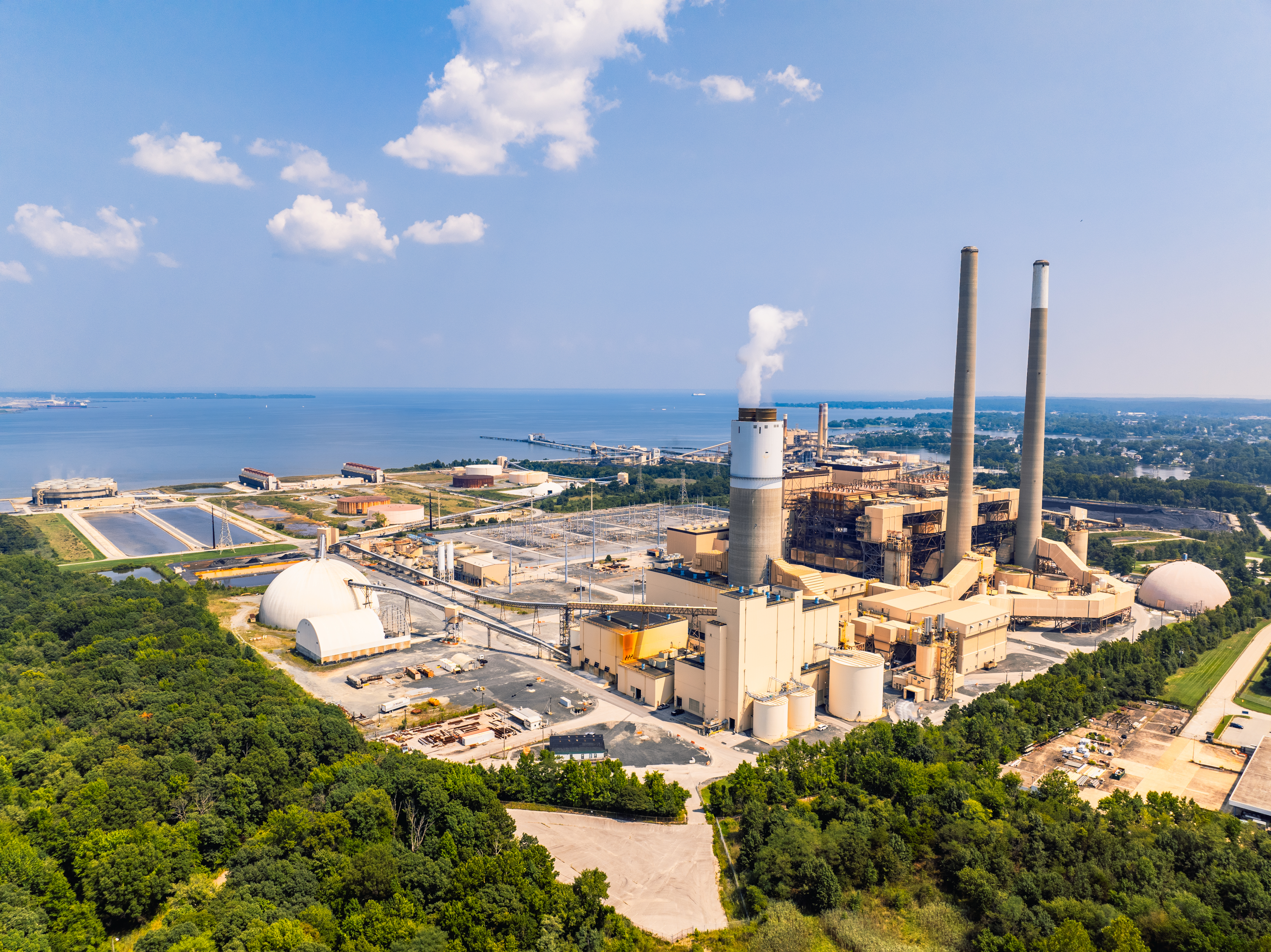
Coal combustion byproducts (CCBs), often referred to as coal ash, are the materials left over when coal is burned to produce electricity. These materials can contain contaminants like arsenic, mercury, and selenium. Federal regulations, primarily managed by the U.S. EPA, are designed to ensure the safe management and disposal of these byproducts to protect public health and the environment.
The foundational federal regulation is the EPA’s
2015 Coal Combustion Residuals (CCR) Rule. This rule established a national framework for the disposal of coal ash as a solid, non-hazardous waste under the Resource Conservation and Recovery Act (RCRA). Key requirements include:
- Groundwater Monitoring: Facilities must install monitoring systems to detect any contaminants that may be leaching from coal ash landfills and surface impoundments (ponds).
- Design and Operation Standards: New and existing disposal sites must meet strict technical standards, including the use of protective liners, to prevent contamination.
- Closure Requirements: Facilities are required to close unlined or leaking impoundments.
- Public Access to Information: The rule mandates that facilities create public-facing websites to share information about their compliance, groundwater monitoring data, and closure plans.
The federal regulatory landscape is dynamic, with ongoing updates and legal challenges. In 2024, the EPA issued a significant new rule to regulate “legacy” coal ash sites, which are inactive surface impoundments and landfills that were previously not covered by the 2015 rule. This change, driven by court decisions and new data on contamination, is a critical step in addressing contamination at older sites.
While federal rules provide a baseline, states can have their own programs to manage coal ash, provided they are at least as protective as the federal standards. Maryland has its own robust set of regulations that govern the management and disposal of CCBs, including a fee-based fund to oversee the program. These state regulations work in tandem with federal rules to ensure comprehensive oversight.
The EPA continues to propose updates and amendments to the rule to address concerns and clarify requirements. We work closely with federal partners and stakeholders to ensure our regulations are aligned with the latest science and federal requirements, providing strong protection for our state’s water and soil resources.
Documents
State Coal Combustion Report to Legislature
Tonnage Reporting Form
Tonnage Reports
You can find more information on our
publications and reports page. You can reach our staff at 410-537-3315.